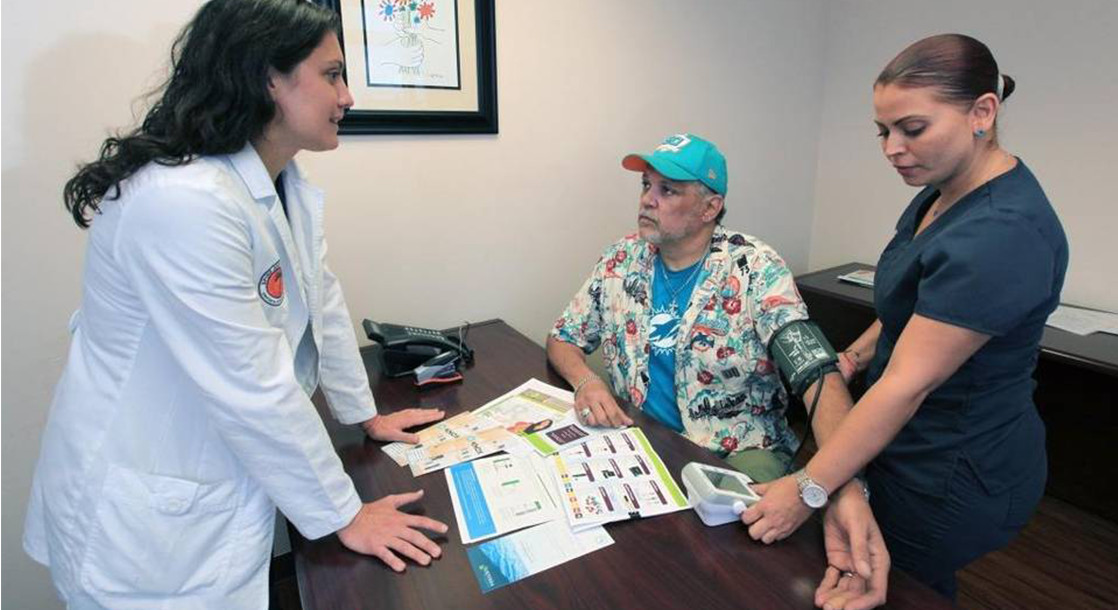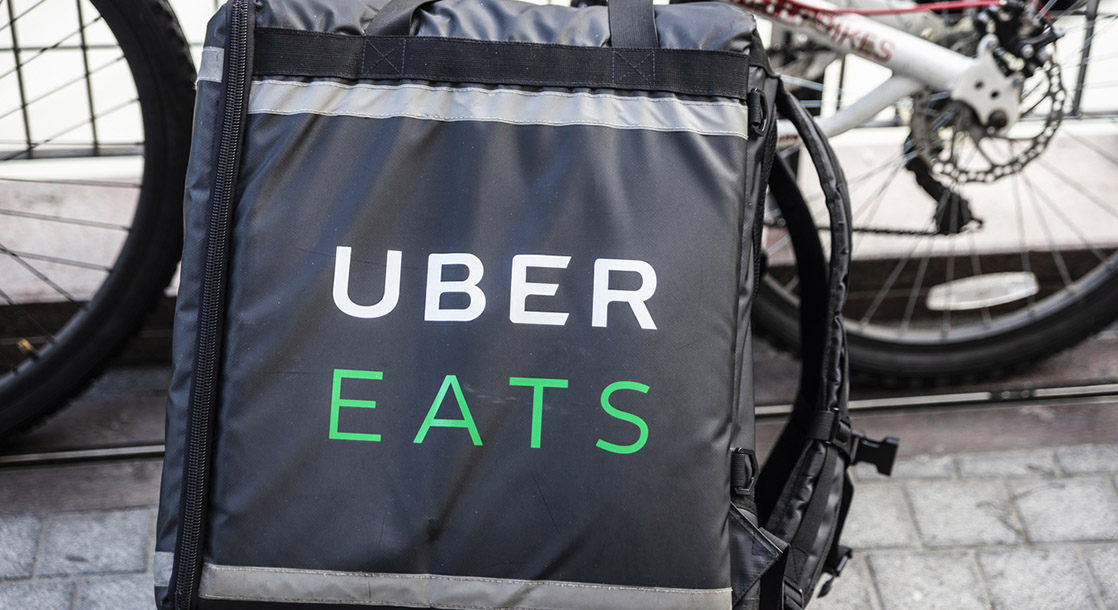Since Floridians voted to expand their medical cannabis program last year, state lawmakers have pushed to limit the ways marijuana can be consumed. Despite the controversial attempts to restrict the newly approved medical cannabis expansion, the number of registered patients continues to grow immensely.
During the first three years under Florida’s highly restrictive medical cannabis laws, there were 16,760 people registered for treatment. But since the list of qualifying ailments was expanded to 10, the patient list has nearly doubled to 31,051.
However, the Florida Office of Medical Marijuana Use has failed to keep up with the explosive demand, leaving many patients without the state-issued identification needed to purchase pot. The department only has 12 employees, a tall order for an office that handles anywhere from 1,000 to 1,300 phone calls a day. On top of that, there’s around 3,000 applications pending at once.
Currently, the system requires approved patients to wait 30 days after applying to receive their medical marijuana card, a major improvement over the state’s previous 90-day process. But many feel that the four-week wait period is still too lengthy for patients suffering from debilitating conditions such as cancer or HIV.
As a result, the Department of Health is now looking to outsource the call center and licensing processing to other companies. State lawmakers have called for the department to expand its staff to 55 people, but the task of hiring new employees is a timely one. While the marijuana commission agrees that they must expand or contract out their piling amount of work, the office will continue to slowly trudge through applications until a change is made.
“As the program continues to grow, we agree that it is not sustainable to handle in house long-term, which is why we are outsourcing these functions as directed by law. However, while we work through the procurement process, we continue to do our best to process applications and respond to inquiries in a timely manner,” said Mara Gambineri, a Department of Health spokeswoman.
Florida physicians hoping to recommend medical marijuana to patients are also facing frustrating delays. Prior to the bill signed by Gov. Rick Scott in June, doctors were required to take part in an eight-hour training session. Although that has been reduced to a two-hour training, neither the Florida Osteopathic Medical Association nor the Florida Medical Association is offering the course as of yet.
The Florida Office of Medical Marijuana Use is pledging to pick up the pace as the new system is integrated into law, but many patients don’t have time to wait aroundfor legal cannabis access. Unless the health department is willing to address these glaring issues, a dark cloud will continue to loom over The Sunshine State’s medical cannabis program.











